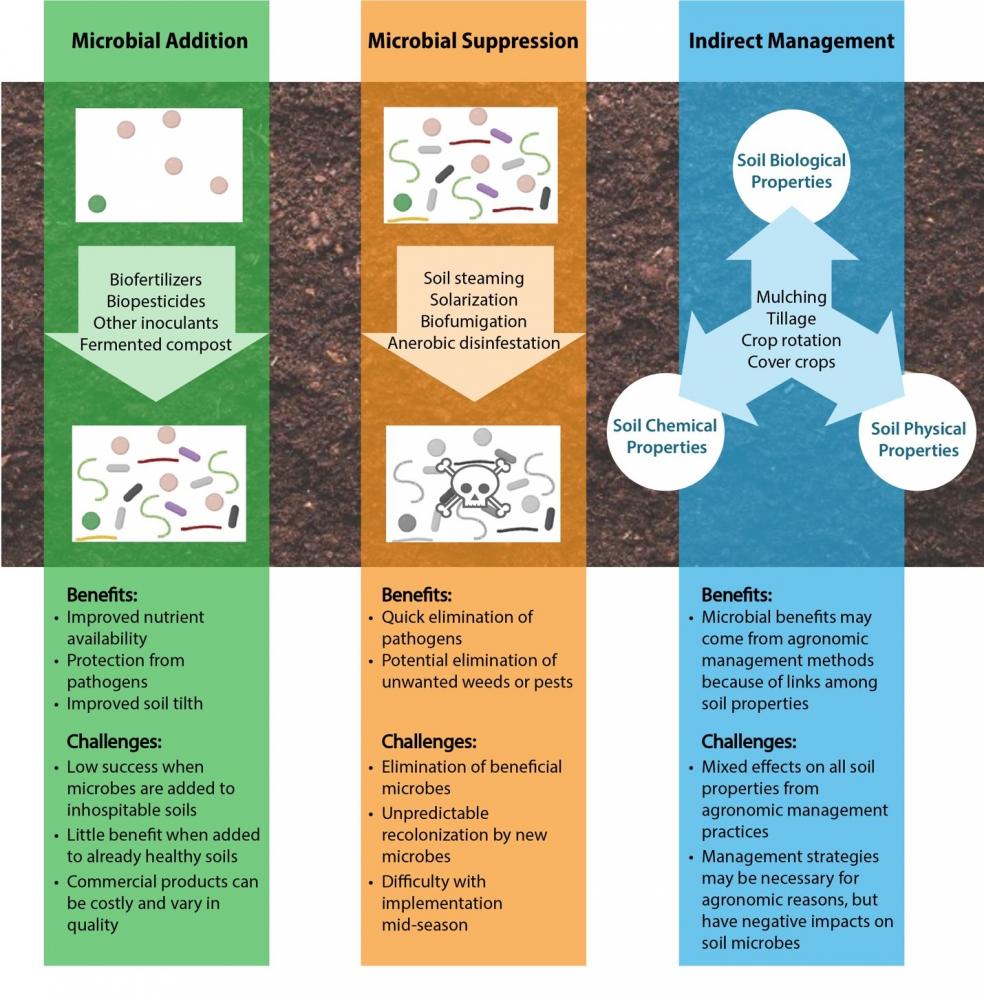
Organic farming practices help protect the soil from the impacts of human activity. The practices also benefit the environment by reducing greenhouse gas emissions and boosting biodiversity.
Organic farming relies on biological inputs like compost, animal manures and green manure crops to fix nutrients in the soil. It also involves long crop rotations that help build soil health.
Reduce Soil Erosion
Among the many benefits of organic farming practices, one is its ability to reduce soil erosion. This happens because the farmers do not use pesticides and other harmful chemicals that can lead to soil contamination.
Organic farming practices also encourage the growth of healthy bacteria and other decomposers that help stabilize the soil. This also allows the soil to regain nutrients more easily as compared to synthetically treated soil.
Studies have shown that organic farming can significantly decrease soil erosion, as well as help maintain and enhance the health of the soil. This is done by implementing various soil building techniques including crop rotations, intercropping, cover crops, minimum tillage and symbiotic associations.
Maintain Soil Moisture Levels
Keeping soil moisture levels up can help improve the health of the soil and make it more productive. This is particularly important as climate change increases the frequency of extreme weather events.
Maintaining soil moisture levels can also reduce evaporative losses from the soil. This means that farmers can use less water and still grow a crop.
Research has shown that soils with higher levels of soil organic matter (SOM) tend to hold more water, especially if the pore spaces are well-developed. This is because it is easier for rainwater to penetrate the soil and store water there.
Another benefit of maintaining soil moisture levels is that it can keep a plant’s roots healthy and strong. This can help prevent diseases and other problems that can harm crops.
Use Organic Fertilizers
When used in conjunction with organic farming practices, organic fertilizers can benefit the soil and the environment. These fertilizers add carbon and minerals to the soil to enhance its ability to hold water and nutrients.
They also help eliminate nutrient loss, surface and groundwater contamination, soil acidification or basification, and loss of beneficial microbial communities.
In addition, they promote biological processes that recycle and release nutrients in the soil. This conserves natural resources and helps to protect biodiversity and the environment.
Organic fertilizers are manufactured using a variety of sources including plant and animal waste, compost and manure, seaweed, blood meal, bone meal and worm castings. These organic materials are all safe and natural for use in agriculture. They provide the necessary phosphorus, nitrogen and potassium for plants to thrive while helping to improve soil structure.
Retain Natural Habitats
Unlike conventional farming, organic practices encourage soil organisms to maintain the health of the soil. These organisms decompose waste and bind soil particles together, helping prevent erosion and soil depletion.
These practices also encourage nutrient cycling, which helps build and retain healthy soil. In addition, they increase the amount of soil organic matter in sequestered form (humified).
Moreover, organic farming practices also promote biodiversity through crop rotation and long-term plant diversity. This biodiversity breaks pest and weed cycles, helps cycle nutrients, and reduces economic risks associated with single cropping strategies.
Avoid Harmful Pesticides
In order for plants to grow, they need healthy soil. Organic farming practices help prevent the use of harmful pesticides, which can contaminate the soil and the environment.
Pesticides used on conventional farms may have long-term effects on the soil, water supply, air and other environmental resources. These harmful chemicals can also encourage weeds to develop resistance to them, which can lead to crop failures or other detrimental impacts on the environment and wildlife.
The lack of pesticides in organic farming promotes the growth of biodiversity, which helps build soil health. This in turn benefits multiple organisms, including insects and fungi. Additionally, organic farming can help sequester carbon and conserve water.
Frequently Asked Questions
What is inorganic food?
Organic food is produced without the use of artificial fertilizers and pesticides. These chemicals can be harmful for your health.
Organic food can be grown without chemical fertilizers, pesticides herbicides, fungicides, and other harmful substances. These chemicals can harm humans and animals.
Inorganic foods include meat, fish and eggs, dairy, butter, yogurts, honey, yogurt, honey, grains and vegetables, as well as spices, herbs, fruits, and spices.
Organic refers specifically to the method an agricultural product has been grown. Organic farming is based on natural methods, soil amendments, and crop growth. Conventional farming uses pesticides, fertilizers, and chemicals.
The U.S. Department of Agriculture (USDA) must set strict guidelines for organic foods. According to the National Organic Program Standards all organic food must be free of banned materials such as antibiotics growth hormones genetically modified organisms GMOs, and industrial solvents. Additionally, organic food must be raised without toxic chemicals, petroleum-based fertilizers, sewage sludges, or ionizing radiation.
What is an organic food manufacturer?
Organic food producers make products that are organically grown. These foods include fruits, vegetables, grains, and dairy products.
Organic food production takes place on farms where crops are nurtured naturally. This includes soil preparation and pest control as well as crop rotation.
The USDA (United States Department of Agriculture), must set strict criteria for organic agricultural products.
These guidelines help consumers access healthy, safe and nutritious foods.
Organic food offers many health benefits. From lower levels of pesticide residues, heavy metal contamination, to higher nutrient contents and better flavour, organic foods are healthier.
Products certified organic by the USDA must bear the label "USDA Certified Organic" seal.
This certification means the product has met the standards of the National Organic Program.
Organic food helps us eat healthier and also protects the environment.
Organic farming techniques conserve water and land. Organic farming techniques also help to reduce greenhouse gas emissions which contributes to climate change.
Organic agriculture uses less chemicals and reduces the amount of pollution runoff.
It improves air quality as harmful gases such nitrates or ammonia are less likely to accumulate in the atmosphere.
There are many kinds of organic farming: permaculture, regenerative and conventional.
Conventional farming involves the use artificial inputs such as fertilizers and pesticides.
Regenerative agriculture uses cover crops and green manures to improve soil quality. It encourages biodiversity.
Agroecology focuses on sustainable relationships between people, plants, and animals.
Permaculture promotes self sufficiency through the creation of systems that imitate nature.
Why should I choose organic?
Conventional agriculture has been linked with many health problems including asthma, allergies. When buying food, you must make wise choices.
The Environmental Working Group (EWG) offers the following tips on how to pick "cleaner" food:
Buy organic fruits and vegetables whenever possible.
Look for USDA organic labels on meat, poultry, eggs, milk, cheese, yogurt, butter, and honey.
Avoid processed foods labeled as "natural" or "no additives."
Be sure to read all ingredient labels. If an ingredient isn’t listed, it might be added during processing.
Fresh meats are better than canned or frozen. Canned and frozen foods can often have lower nutritional content like high fructose syrup.
What is organic food?
Organic produce does not contain synthetic fertilizers, pesticides and sewage sludge. It is also grown without irradiation or genetic engineering. There is no use of growth hormones and no animal testing. These crops can naturally grow, so no chemicals are used by farmers to combat pests or weeds.
Organic farming practices help maintain soil quality and reduce erosion. Organic foods are healthier than conventional foods because they have more nutrients. Organic products tend to be higher in fiber and lower fat than conventionally produced foods.
What are the most popular organic products?
Today organic food is the fastest-growing sector. Even though we have come a long ways from our roots there is still plenty of room for growth.
Organic products will be the future. They are safer and more cost-effective for consumers.
They also tend to have higher prices. We created the Organic Food Index. We wanted to find out which foods are most popular with shoppers today, and whether these trends are changing.
The results show that organic food is becoming increasingly popular. Between 2011 and 2012, the number of Americans who shop for organic food increased by almost 50%.
The USDA reports that organic production increased 10% last year. 9% now comes from organic foods in the United States.
While organic food is certainly gaining ground, it seems that it is still an expensive choice for consumers. According to the Organic Trade Association OTA, organic food retail prices are about twice those of conventional products.
However, organic food is growing more quickly than any other part of the food market. You can see that organic food has been steadily increasing since 2009.
In fact, according to OTA, the volume of organic products sold in supermarkets grew by 14% between 2010 and 2011.
This is because of consumer demand for healthier products, which explains the rise in organic food sales across all age categories.
Younger generations are choosing organic food more often than older generations. Millennials are twice as likely than baby boomers to buy organic foods. 25 percent of organic food purchases are made by young adults younger than 35.
What is organic beef?
Organic meat refers to real food grown without the use artificial fertilizers, pesticides, or hormones. It also means that the animals weren't fed any genetically modified feed. This makes it safe for human consumption because there aren't any harmful chemicals in the meat.
Organic meats are also healthier for the environment. The pollution levels in our environment are reduced when we eat organic foods. Organic farmers don't use harmful chemicals to kill birds and insects, which helps wildlife.
You can eat organic meats and produce whenever you can. Local purchasing helps keep money local, not out of the state. Local businesses often pass along savings to customers when shopping locally. In addition, buying local keeps jobs right here in America instead of sending them overseas.
Statistics
- To provide the highest quality products and services to every customer, with a dedicated workforce that puts the customer first and takes the extra step to achieve 100% customer satisfaction and loyalty. (hollinsorganic.com)
- Popular clothing brands, like Patagonia, are labelled as organic by using 100 percent organic cotton for many of their styles. (en.wikipedia.org)
- According to a study performed by consumerreports.org, organic products, compared to non-organic products, ranged anywhere from 13 percent cheaper to 303 percent more expensive. (en.wikipedia.org)
- When packaged products indicate they are “made with organic [specific ingredient or food group],” they contain at least 70% organically produced ingredients. (usda.gov)
External Links
sciencedirect.com
- The impact of organic food on human health: Assessment of the status quo, prospects for research - ScienceDirect
- Technical note: Simultaneous analysis of vitamin and carotenoid content in milk from cows fed total mixed rations. Xanthophyll detection is possible - ScienceDirect
usda.gov
ecfr.gov
doi.org
- The link between occupational pesticide exposure and cancer risk: A review: Journal of Toxicology and Environmental Health. Part B. Vol 15, No 4.
- Genetically modified foods: safety, risks and public concerns--a review - Journal of Food Science and Technology
How To
How to Buy Organic Meat Even on a Limited Budget
In this post I'll share some tips and techniques for buying organic meat that won't break the bank.
I will give you tips on where to find cheap organic meats and how much they cost per pound. You will be able to make the most of what you have purchased.
It doesn't take a lot to eat healthy. Sometimes, it takes a bit of creativity to save money while eating well. Here are some ways you can cut down on food expenses while still getting the best from organic meat.
- Wholesale clubs - Sams Club, Costco, and Sams Club offer great deals on bulk foods like chicken breasts. You can often find deals on large quantities (up to 50 pounds) if you live close to one of these stores. You won't have to waste meat. If you buy it in bulk you can freeze it so it lasts more.
- Look online to save money on meat. For example, Amazon has a weekly deal called Prime Pantry, which includes free shipping on orders over $35. There are discounts on roasts, ground beef and lamb steaks as well as pork loins. It's easy to browse their website and see what's available at different times.
- Local farmers will usually be cheaper than big-box retailers since they don't pay large fees to stock their shelves. Because they know exactly the diets and drinks of their animals, local farmers can provide a better understanding of what's inside.
- Look for meat cuts that are leanest - Lean meat is generally cheaper to cook than fatty meat. You should always look for the best cuts. The most commonly used cuts include flank steak, tenderloin and top round steaks. These cuts are very low in fat and high in protein.
- You don't have to be afraid to try new recipes. Start cooking with ingredients that you have never used before. This is one of the easiest ways reduce your grocery costs. You might be amazed at the delicious recipes you can create with fresh tomatoes and onions, garlic, olive oils, and spices.
- Be creative with leftovers - If you have leftover cooked meat or poultry, use them for sandwiches, salads, soups, casseroles, etc. It's easy to make quick lunches and dinners with leftover meat.
So there you go! These are my top tips for how to get organic meat on a tight budget. Do you have other tips? Are you able to give me any tips on how to get cheap meat?
Resources:
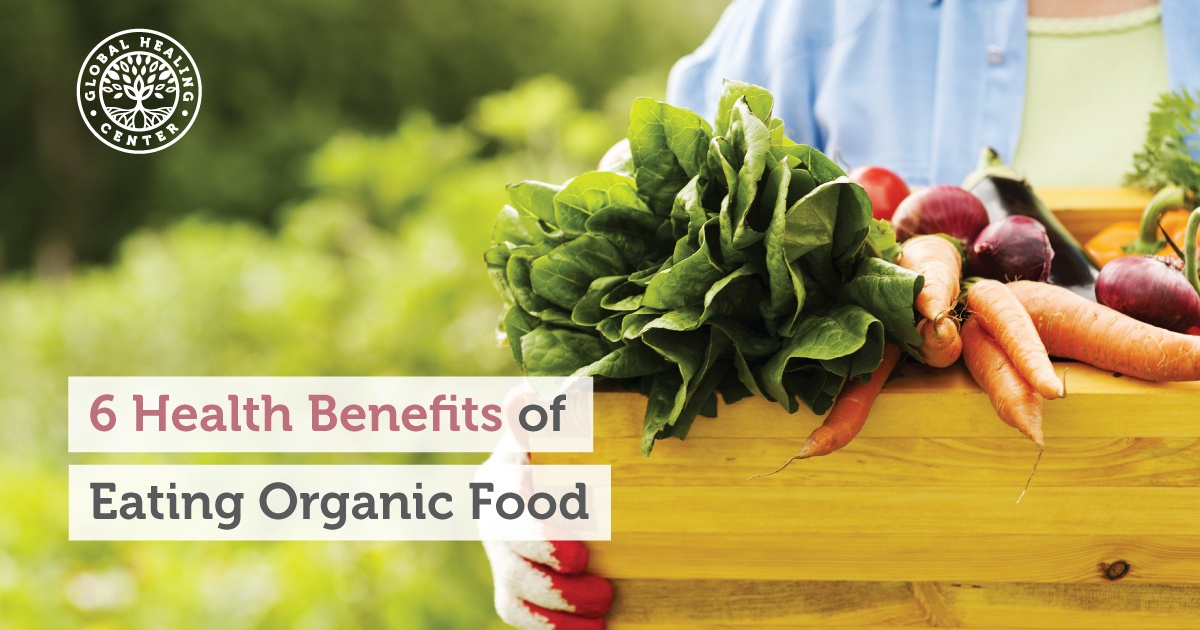 |
Nuts and SeedsNuts and seeds are nutrient-rich crunchy tidbits that add a protein, fiber and healthy fat punch to meals and snacks. They’re also a great source of.. |
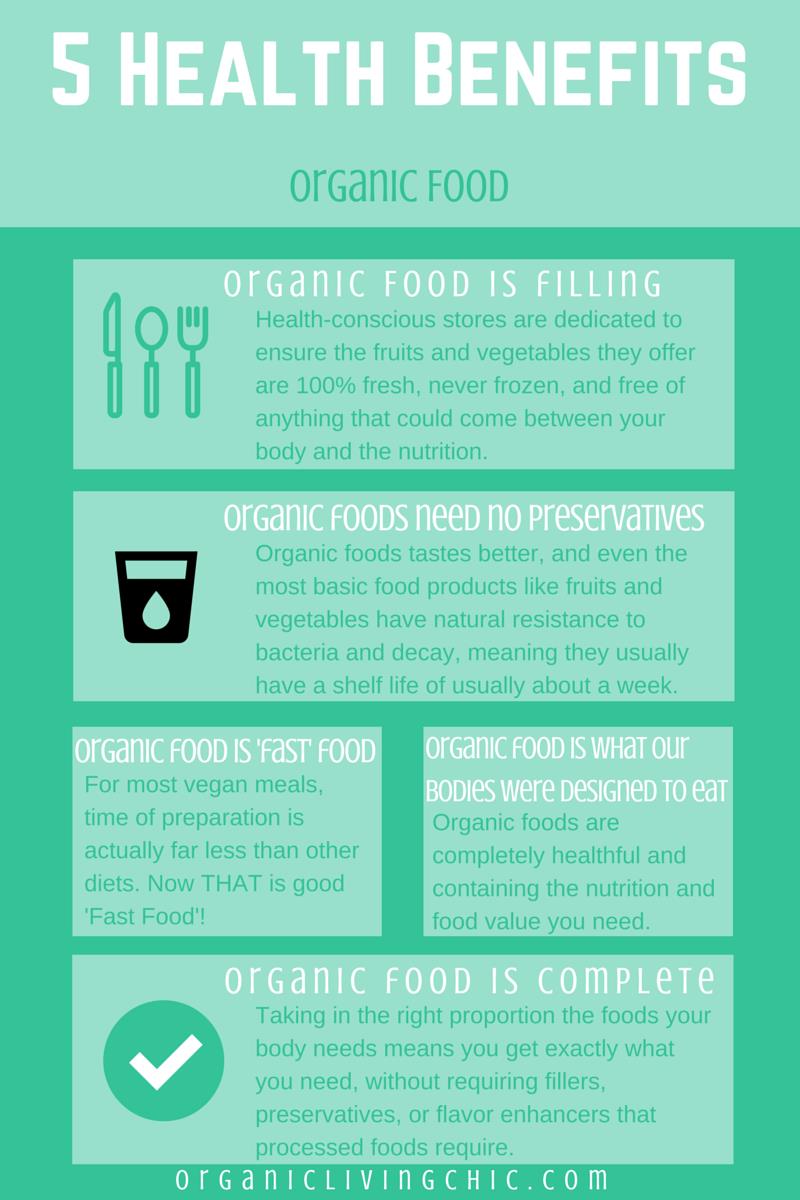 |
Organic Food For A Six Pack? The TRUTH About Organic vs Conventional Foods!Get ripped and keep your strength: http://goo.gl/uLzHn6 Hey guys, it's Clark over at Six Pack Shortcuts and today we're gonna talk about organic vs |
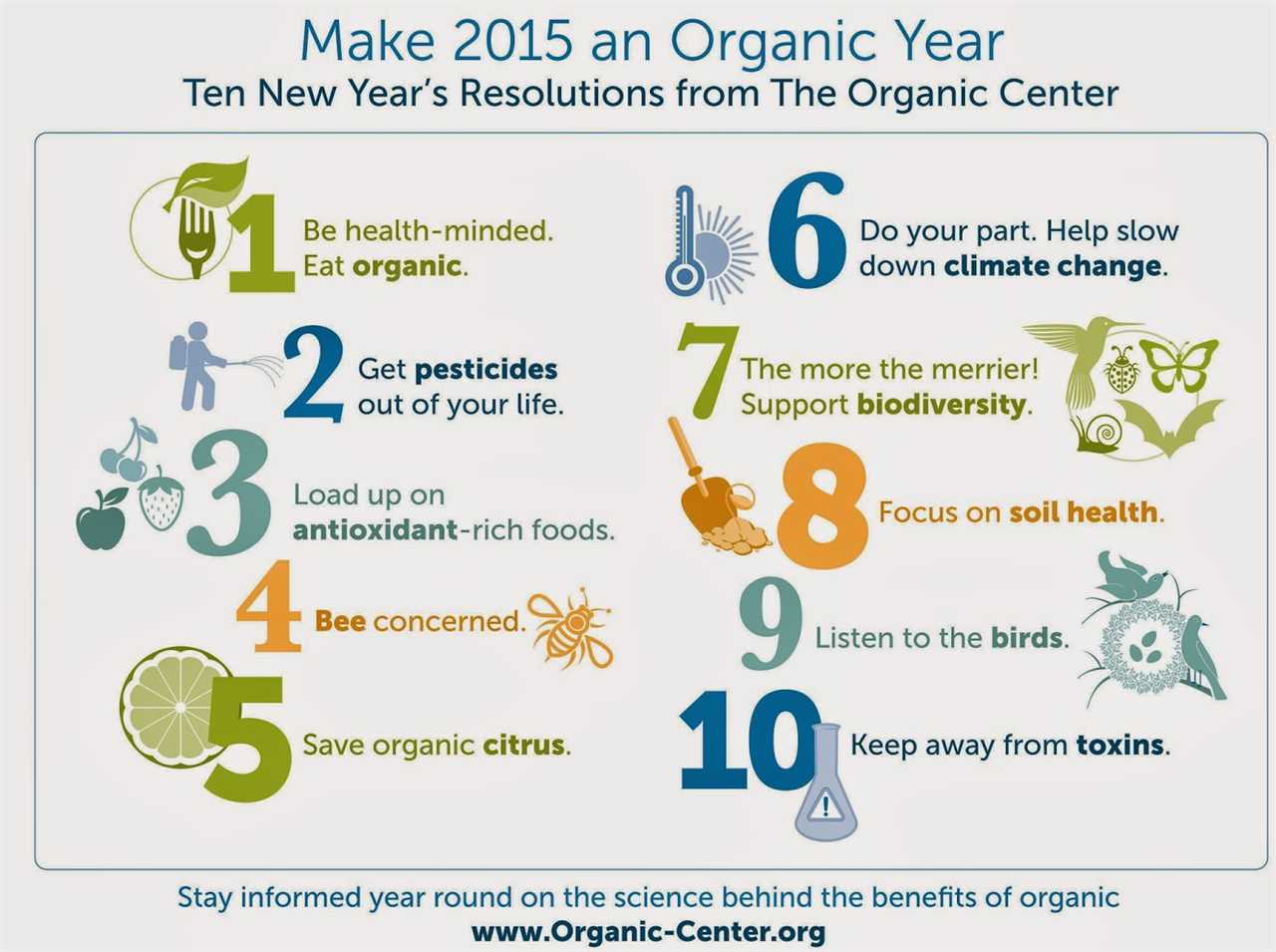 |
Organic vs Conventional Produce - The Dirty Dozen & Clean 15 ExplainedClick https://skl.sh/flavcitywithbobbyparrish to get 2 months of Skillshare for FREE! Here is a full review of the dirty dozen fruits and vegetables and |
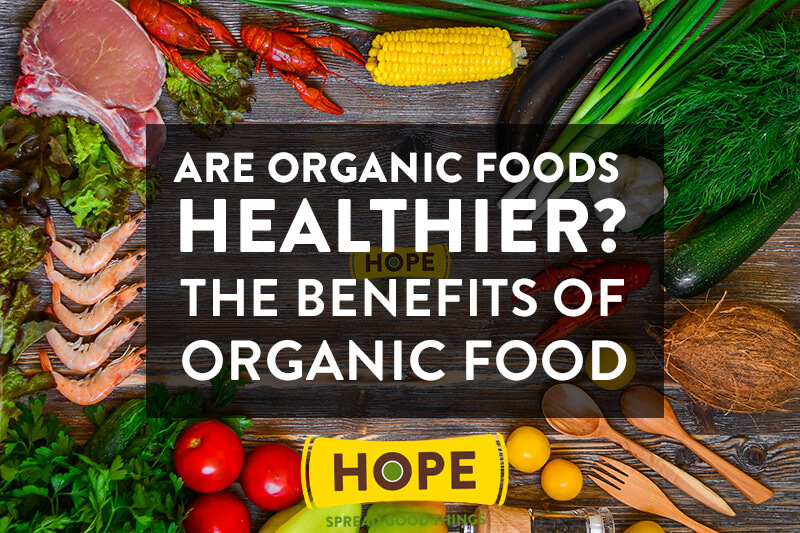 |
Are Organic Foods Really Healthier?It's widely believed that organic foods are more nutritious and safer than non-organic foods, even though the evidence is far from clear. Food certified as |
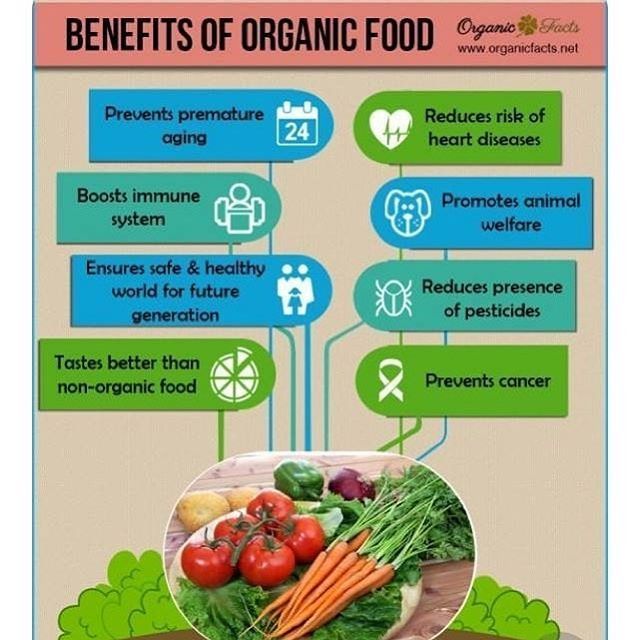 |
Are GMOs Good or Bad? Genetic Engineering & Our FoodAre GMOs bad for your health? Or is this fear unfounded? OUR CHANNELS German Channel: https://kgs.link/youtubeDE Spanish Channel: |
 |
How the food you eat affects your brain - Mia NacamulliView full lesson: http://ed.ted.com/lessons/how-the-food-you-eat-affects-your-brain-mia-nacamulli When it comes to what you bite, che […] |
 |
Is Buying Organic Food Worth The Cost?Subscribe to Goodful: https://bzfd.it/2QApoPk Goodful Goodful Feel better, be better, and do better. Subscribe to Goodful for all your healthy self care |
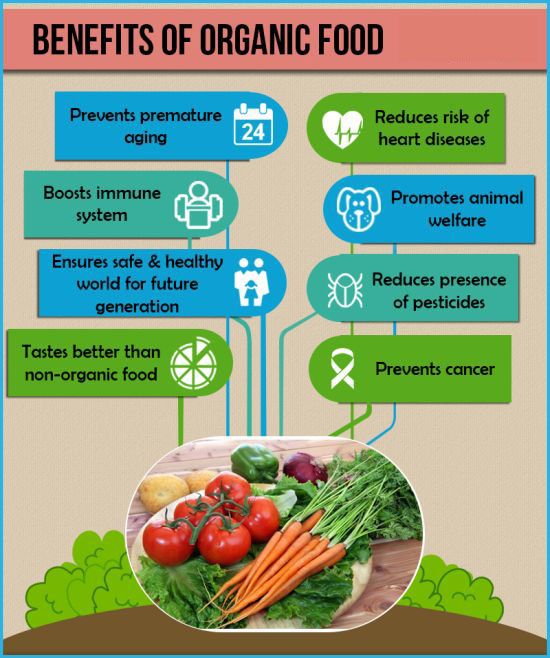 |
Benefits of Choosing Organic Gluten-Free OptionsIf you’ve been diagnosed with gluten sensitivity or celiac disease, you know how hard it can be to avoid foods containing wheat and other grains. But |
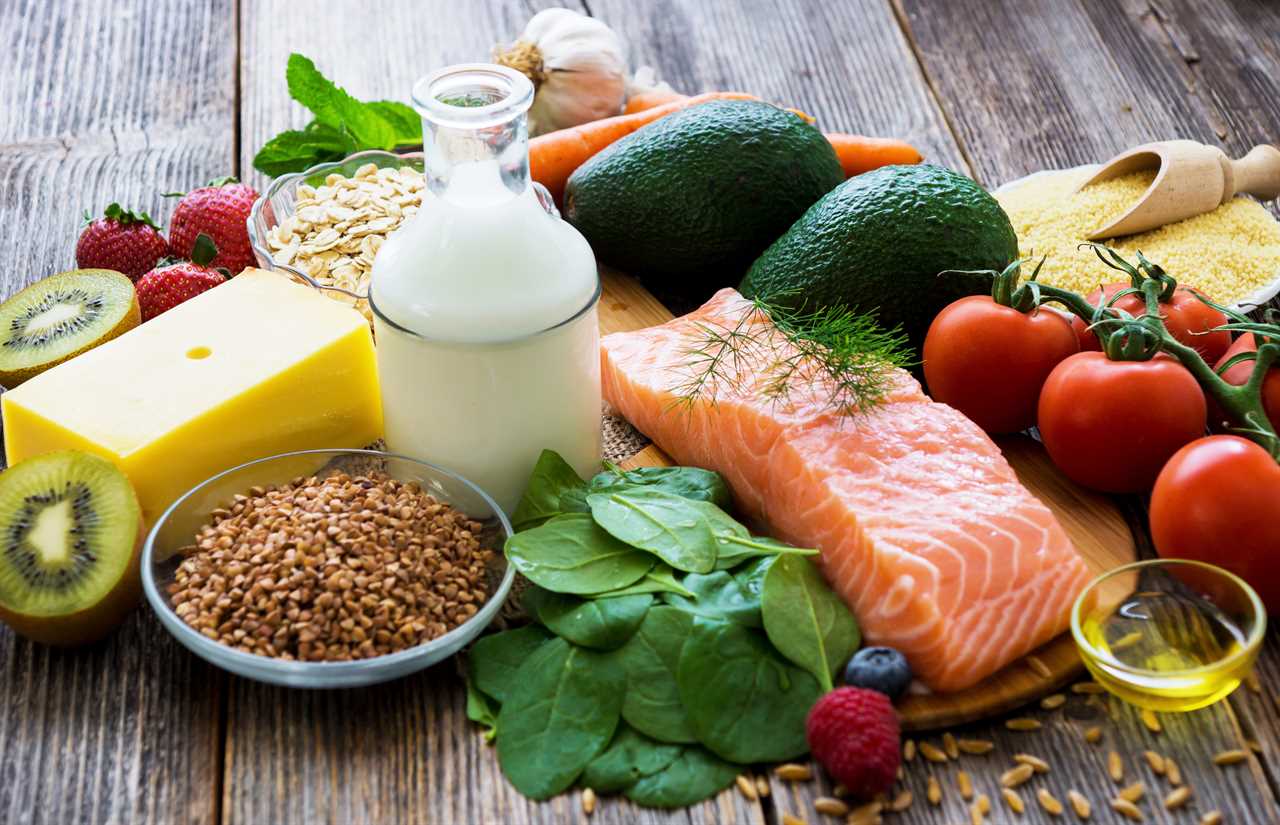 |
Joseph Wang LIVE (Bank Bailouts and Moral Hazards Deep Dive)buy my stuff Come to rebel capitalist live at https://rebelcapitalistlive.com Check out my private, online investment community (Rebel Capitalist Pro) |
 |
Organic Farming and Soil HealthOrganic farming practices promote soil health through crop rotations, symbiotic associations, cover crops and minimum tillage. These management.. |
 |
Research Reveals How Your Body Reacts When You Eat Only Organic FoodsThere is a growing belief that organic foods are healthier for us than non-organic foods. This ever-increasing belief is responsible for significant growth in |
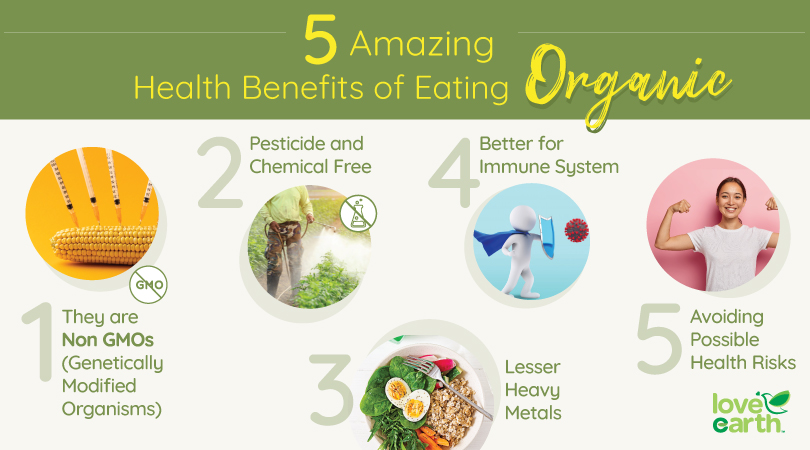 |
Stop Wasting Money on These ORGANIC Veggies (you don’t need to buy them organic)Click Here to Subscribe: http://Bit.ly/ThomasVid Get MY Recommendation on Groceries Delivered to Your Doorstep with Thrive Market: http: […] |
 |
If You Eat an Avocado a Day For a Month, Here''s What Will Happen to YouWhat Will Happen to Your Body If You Eat Avocado Every Day. The avocado is a unique fruit with multiple nutritional and health benefits. How would your body |
 |
Korean GardeningKorean gardening is one of the oldest ways to grow plants. It involves planting herbs, fruits, and vegetables that are used in kimchi, a type of.. |
 |
The Rodale InstituteThe Rodale Institute is a nonprofit organization that aims to support research into organic farming. It was founded in 1947 by J. I. Rodale, an.. |
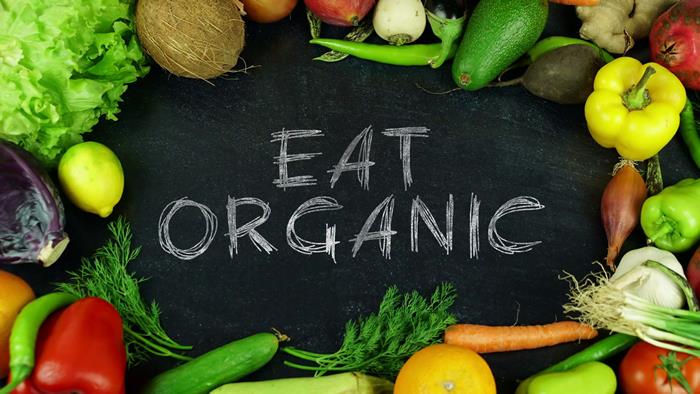 |
Organic eatingOrganic Cultur |
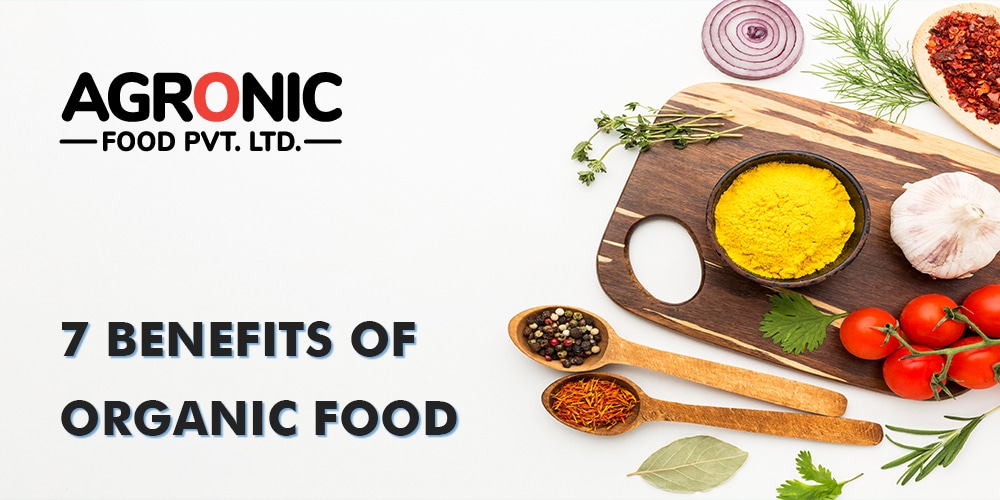 |
What is a Conventional Farm?Conventional farm is the term used to describe a farm that is not organic. It is a form of agriculture that is associated with better soil quality,.. |
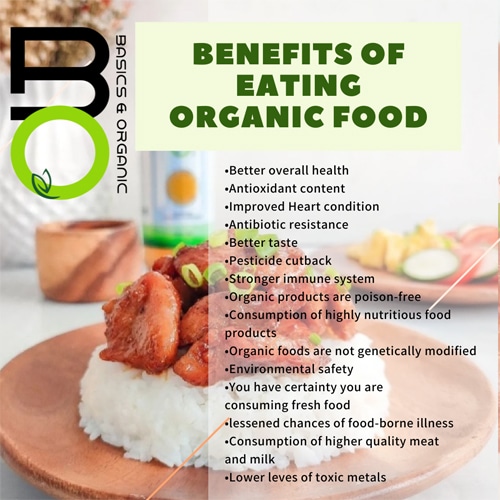 |
Chhattisgarh's Organic Farming SchoolsThe government of Chhattisgarh has started to introduce organic farming schools. This initiative is intended to provide the young generation with the |
 |
Can Organic Be GMO?The question Can organic be GMO is an ongoing debate among many consumers. While it's possible to eat foods that have been produced using genetic.. |
 |
When Did Organic Food Start?The answer to the question when did organic food start? will vary depending on the time period in which you are looking at. For instance, it may be a |
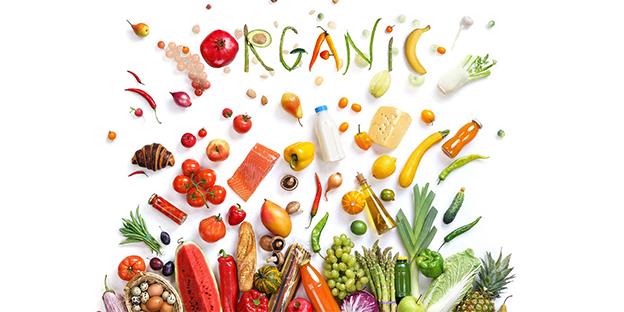 |
Organic Farming PrinciplesOrganic farming is a practice that is designed to be sustainable and healthy. Its principles include avoiding harms produced by industrial farming.. |
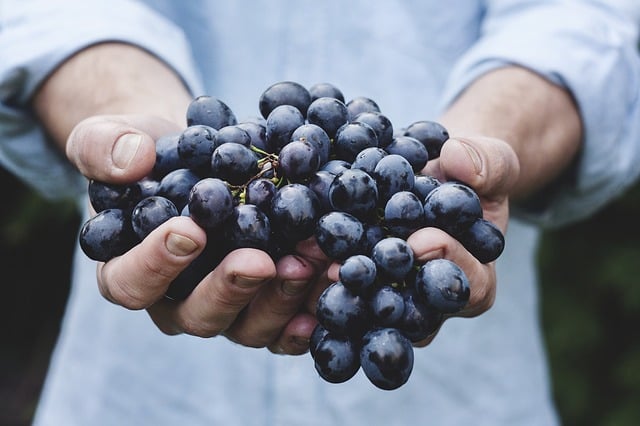 |
Soil Composition and BiodiversityThe soil that we have around us is a vital part of our lives. It is the home for many plants and animals. It also has a texture, a color, and many.. |
 |
The Benefits and Pitfalls of Organic Farming OrganizationsOrganic farming is an approach to farming that is not only ecologically sound, but also financially feasible. It is a method that is free from.. |
 |
Exotic VegetablesWhen it comes to vegetables, there are plenty of choices to choose from. Some of the most popular choices include broccoli, corn, carrots, and.. |
 |
Learn How to Become an Organic Farmer Through a Training ProgramIf you are looking to become an organic farmer, there are several ways you can do so. One option is to take a training program that will teach you.. |
 |
Benefits of Cover CropsIf you aren't familiar with cover crops, you may be surprised to learn that they are plants that are planted to grow on top of the soil to help.. |
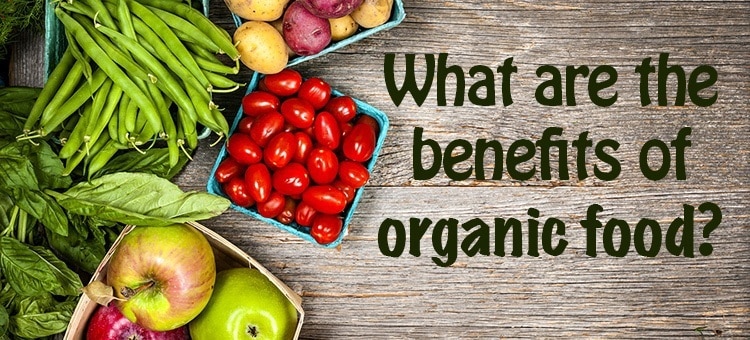 |
What is Organic Cotton?Organic cotton is the type of cotton that is grown without using pesticides or chemicals. It is also the type of cotton that is grown in subtropical.. |
 |
Is Organic Farming Beneficial to Biodiversity?Organic farming is a growing interest in the scientific community, and researchers have been investigating whether the practice is beneficial to.. |
 |
The Benefits of CompostingComposting your waste can be a very effective way of ensuring that your organic material is being broken down to the best of its ability. When.. |
 |
The Difference Between Organic Milk and Regular MilkOrganic milk is a type of milk that comes from livestock that is raised according to organic farming methods. This is a term that is regulated by.. |
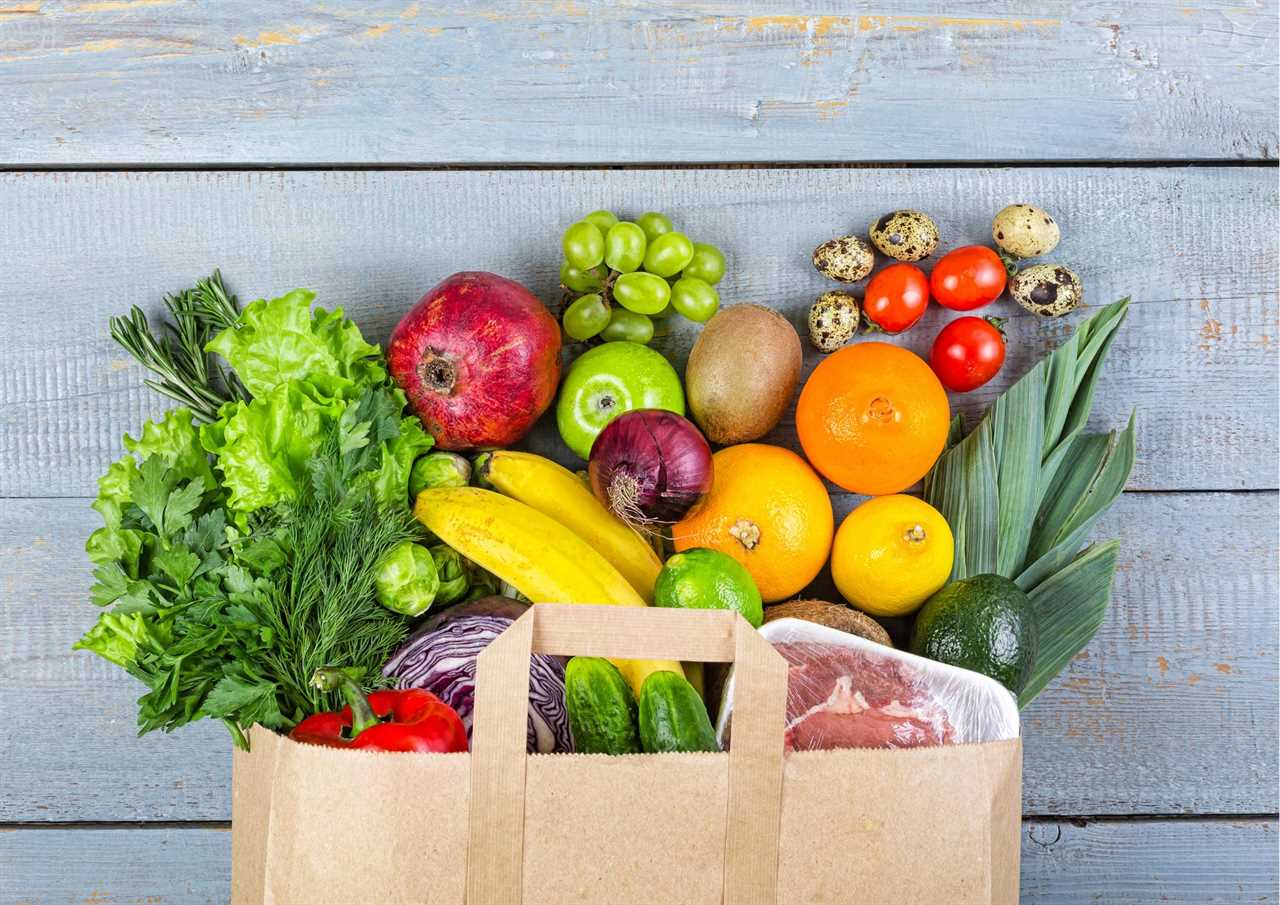 |
Organic Farming MagazineOrganic farming magazine is a resource that provides you with the latest information on organic agriculture, health, and sustainability. It also.. |
 |
The Latest Research on Organic | The Organic CenterResearched articles about eating Organic food |
.png)





